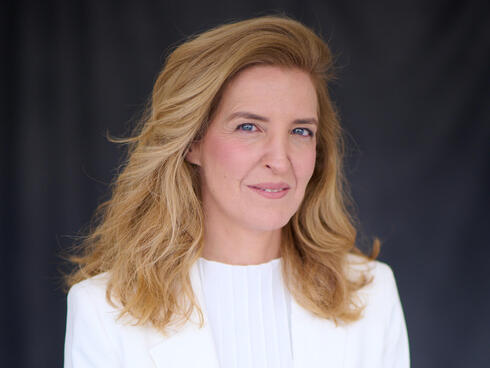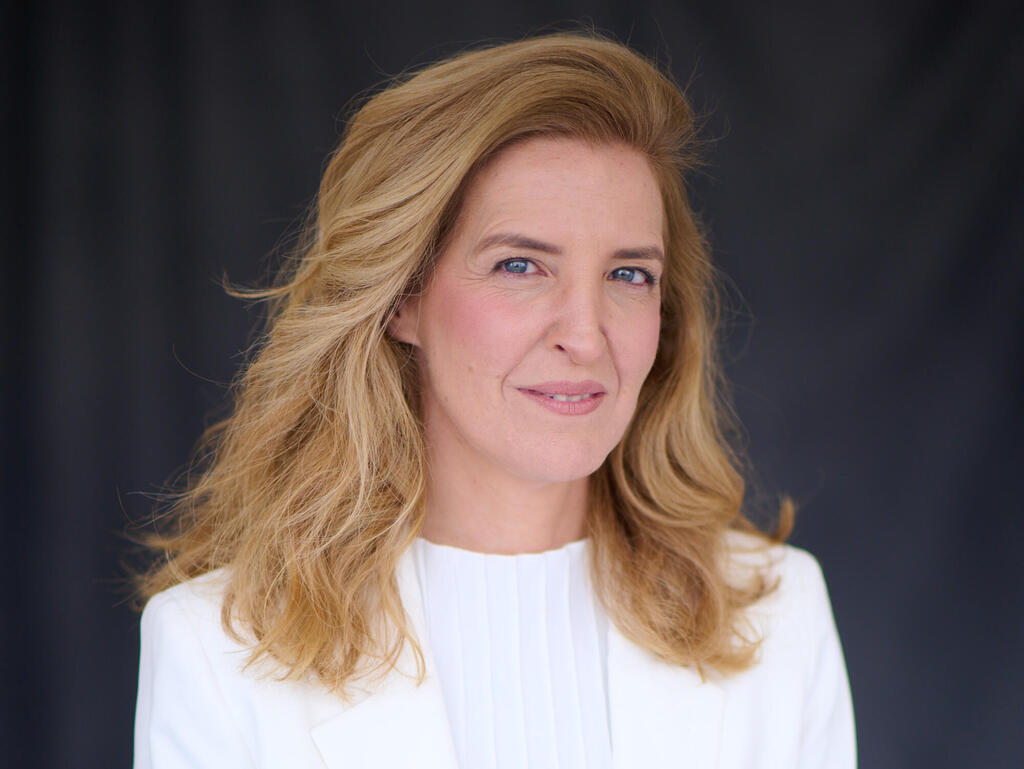
Opinion
From the lab to the world: Challenges shaping the future of smart healthcare in Israel
"Israel is uniquely positioned to lead the global healthcare field, but immediate and comprehensive action is required," writes Maya Schwartz, CEO of the Israeli High-Tech Association in the Manufacturers Association of Israel.
In Israel, companies operating in the medical equipment sector face a complex competitive landscape. According to a report by SNC, the sector is divided into three primary sub-sectors: Digital Health (700 companies), Medical Equipment (650 companies), and Pharma (450 companies). Together, they account for about 20% of all technology companies in Israel. This diversity highlights Israel's strength and capacity to lead the global healthcare field, but it also underscores the complex challenges requiring attention.
The potential of this sector to transform medicine and improve the health of millions cannot be overstated. However, challenges such as regulatory barriers, insufficient funding, and gaps in coordination with local healthcare systems and hospitals hinder many companies from realizing their full potential. To ensure the sector continues to grow and innovate, these challenges must be systematically and thoroughly addressed.
One critical issue is the management and use of medical data. Many medical equipment companies struggle to access data from healthcare systems, medical devices, and clinical information. These limitations stem primarily from regulatory barriers and concerns about patient privacy. In an era where medical innovation depends on organized and high-quality data, restricted access hampers companies' ability to develop advanced solutions based on technologies like artificial intelligence and automation.
The Ministry of Health recognizes this challenge and is working through the "Health Hub," which acts as a mediator between innovation centers in hospitals and HMOs and companies in the field. The hub supports research and development, strengthens clinical trials, and serves as a platform for ongoing dialogue with the industry. Additionally, a call for proposals has been launched in collaboration with the Innovation Authority to integrate advanced technologies into health centers. While these initiatives provide a vital foundation, further steps are needed to develop regulatory mechanisms that enable secure access to data while ensuring privacy and information security.
Another challenge is funding shortages. Many companies in the sector, particularly startups, struggle to secure resources for developing innovative products. This lack of funding delays the ability to create breakthrough solutions and compete on the international stage. Additionally, there is a shortage of skilled workers in fields like digital health and artificial intelligence. To address these challenges, the state must establish dedicated funding programs to assist growing companies, along with professional training programs to equip workers with the necessary skills.
Israeli companies also face fierce international competition. Globally, they contend with established corporate giants, while locally, they must bridge communication and understanding gaps with the healthcare system. This challenge highlights the need for closer collaboration. Creating shared platforms for knowledge exchange, such as hospital pilots, can help bridge these gaps and improve the alignment of products with on-the-ground needs.
Another area that deserves emphasis is the use of medical simulators to train medical teams. According to Ran Bronstein, CEO and founder of Simbionix, such simulators allow medical teams to train in controlled conditions, reduce bottlenecks in workflows, and improve skills.
Israel is uniquely positioned to lead the global healthcare field, but immediate and comprehensive action is required. The opportunities must be seized, and the barriers must be resolved to ensure that Israeli innovation continues to thrive and make an impact. The call to action is clear: Now is the time to prepare and take the necessary steps to maintain our position as a global Health Tech powerhouse.
Maya Schwartz is the CEO of the Israeli High-Tech Association in the Manufacturers Association of Israel.














